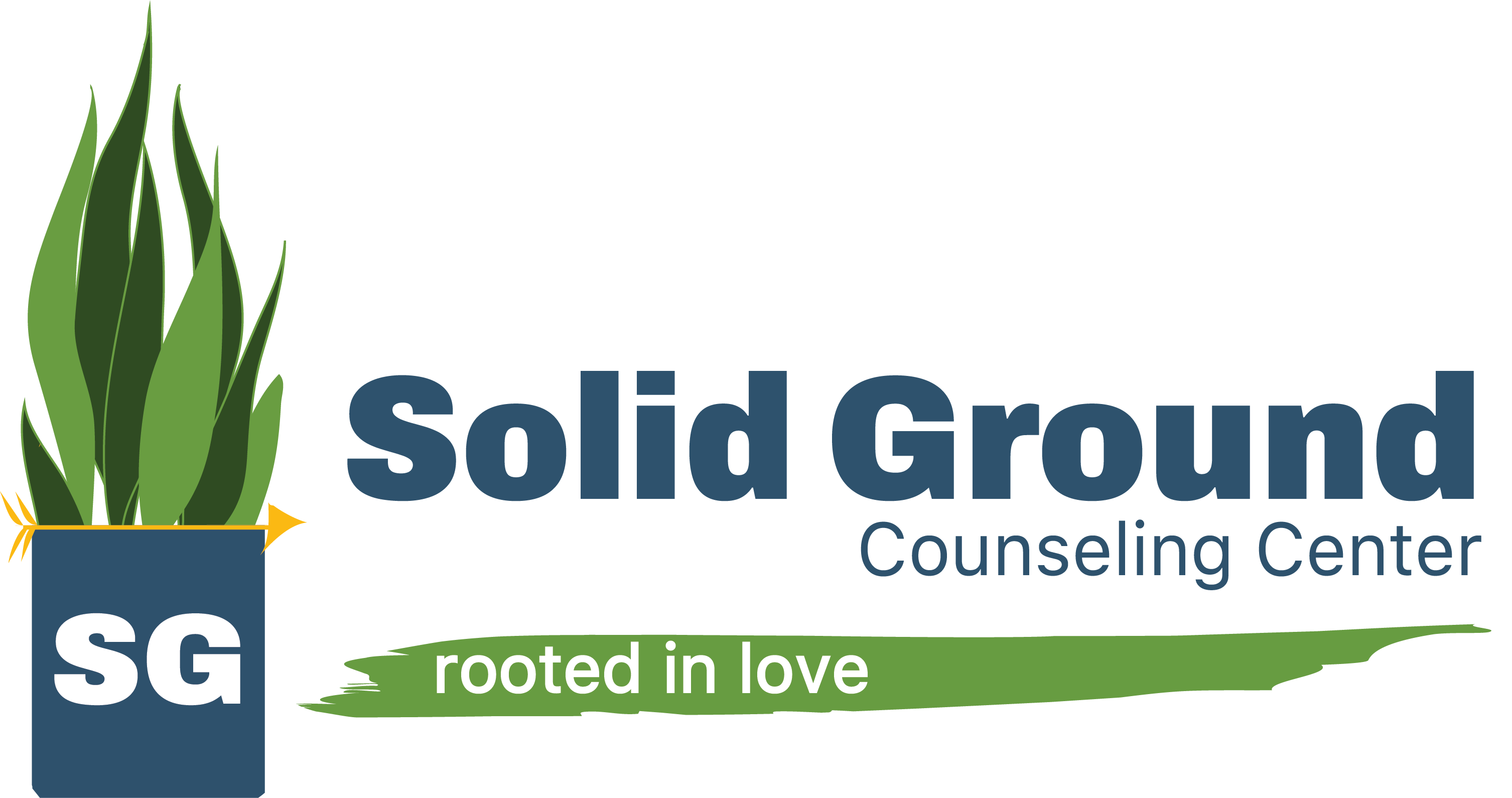Seasonal affective disorder (SAD) also known as seasonal depression, is a mood disorder characterized by depression-based symptoms that occurs at the same time every year.
Symptoms include things such as oversleeping (also known as hypersomnia), overeating – particularly with a craving for carbohydrates, weight gain, and social withdrawal.
Often seasonal affective disorder occurs in climates or locations where there is less natural sunlight during certain periods of the year. This can be prevalent in climates where cold and snow are more common, although SAD can also show up in the summertime. Symptoms for summer-based seasonal affective disorder can include trouble sleeping, poor appetite, restlessness or agitation, anxiety, and episodes of non-typical behavior.
The length of effect is usually just a few months and can resolve on its own; however, there are some things you may be able to do to help your journey be a little smoother. Below are three things that can help with this.
- Light therapy.
This is a common treatment used to expose individuals to bright light every day in an effort to make up for the decreased exposure to natural sunshine. This treatment may be a little challenging since the person needs to sit in front of a specific, very bright light box each day for between 30 to 45 minutes. Research shows this is most beneficial if it occurs first thing in the morning, and it’s recommended to be done daily during the entirety of the months one is usually affected.
- Medications.
Like other types of depression, SAD impacts serotonin activity so antidepressant medicine can be helpful for some people. Prescriptions should always be received from a qualified physician, and side effects should be discussed.
- Psychotherapy, or talk therapy.
This is the type of therapy Solid Ground offers, and we often see clients who are impacted by SAD during the fall and winter months. Psychotherapy uses evidence-based therapy models and tools to help affected individuals through this tough season. One of the common ways that we approach this is through cognitive behavioral therapy, also known as CBT. This type of therapy helps the client to focus on positive thoughts and actions, helping to reframe what the brain is currently focusing on. Additionally, we will help the client to identify other activities and engagements that are beneficial and help the client to navigate this season.
If you feel you may benefit from therapy services, we encourage you to reach out.
Stay well friends!
